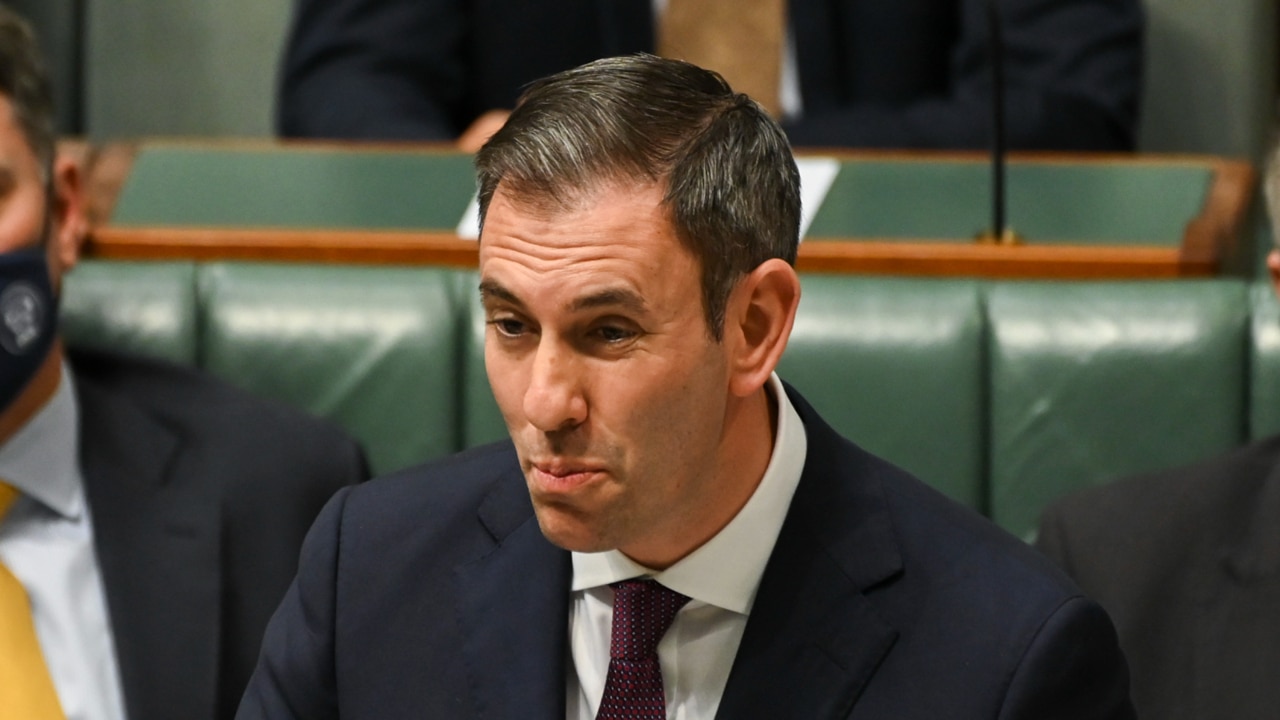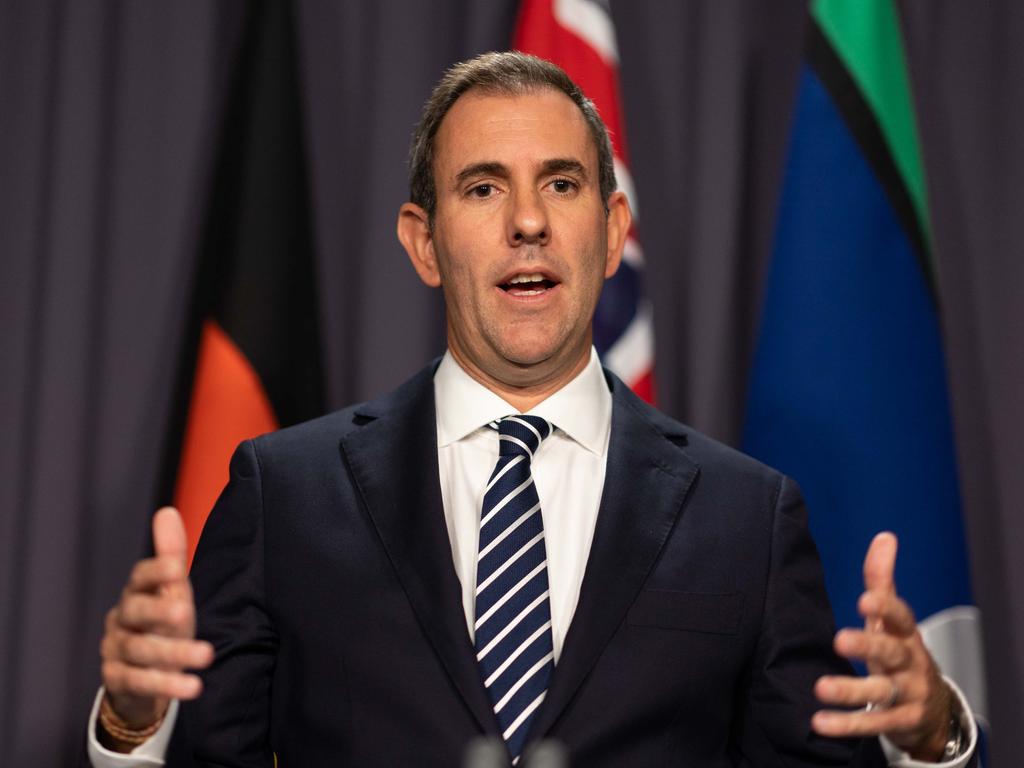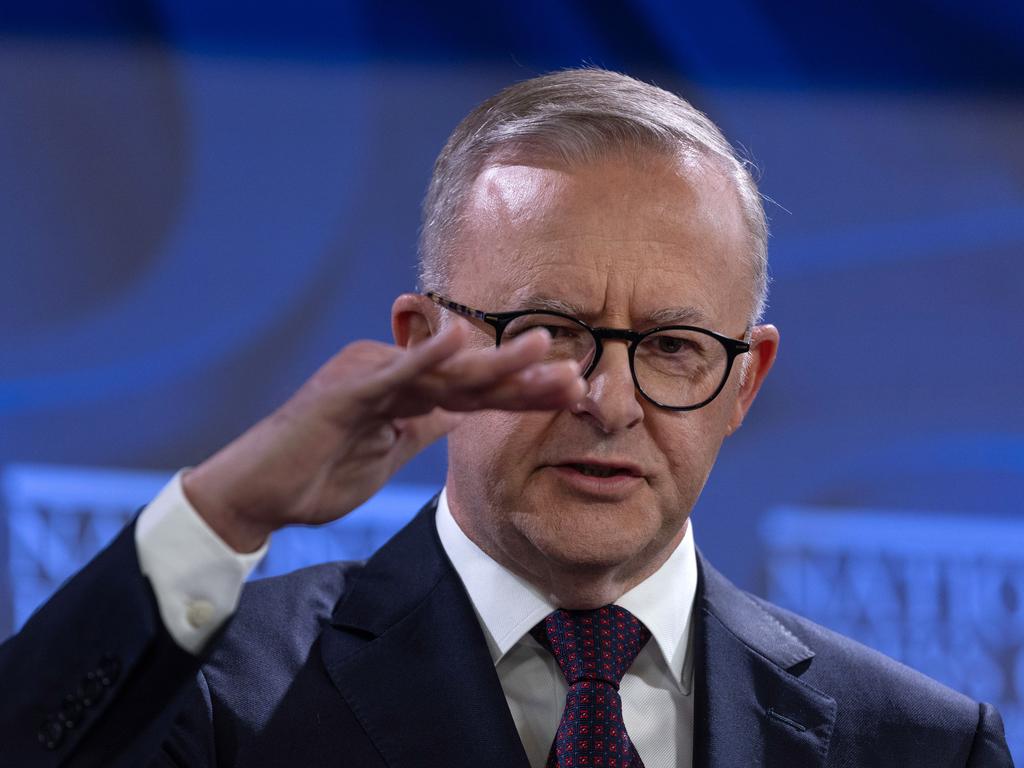US shows us the way to a stress-free retirement
Making super voluntary and abolishing the means test on the pension would solve many of our problems.

The US retirement system is far superior to ours, although you never hear that from the army of super lobbyists, fund managers and financial advisers, who relentlessly parrot how super is the “envy of the world” – even though no other nation has copied it.
The problems with compulsory super are legion, and should be obvious after 30 years: the $35bn-plus a year it costs to run (the “super workforce” is bigger than the defence force); the fact people already saved enough without compulsion; and the biggest of all – the forgone tax revenue vastly exceeds savings in Age Pension outlays, implying the whole thing could be shut down and we could all enjoy a big tax cut. Lifting the rate to 12 per cent made all these problems worse.
So how do the Americans do it?
Like Australia’s system, there are two parts: a voluntary system of saving in privately managed accounts (much like a superannuation account), underpinned by a universal government-funded pension. Both are superior to ours.
Americans can contribute a maximum annual sum of $US23,000 a year from their pre-tax income (or $US30,000 for the over-50s) into what’s called a 401(k) account, a savings vehicle that emerged in 1981 and has grown in popularity to the point where more than half of American workers opt to pay into one.

The caps ensure no one can accumulate vast retirement funds worth millions, avoiding the perennial angst over massive superannuation balances. Rather than the ever-changing dog’s breakfast of super tax concessions, which see contributions and earnings taxed while withdrawals are exempt, 401(k) accounts incur zero contributions and earnings tax.
Withdrawals are simply taxed at ordinary income tax rates when they are ultimately withdrawn – as an income stream or lump sum – which can occur from age 59½ but no later than 70.
And people are treated like adults: if for whatever reason they want their savings before then, they can have them, but incur a flat 10 per cent additional tax on withdrawals to compensate for earlier tax concessions; and around a fifth of Americans with 401(k)s did so in the pandemic.
Businesses typically default their new staff into 401(k) plans, but it’s not compulsory; workers if they wish can opt out and pay ordinary income tax instead. It makes no difference to the employer.
Because saving is voluntary, the system is more competitive; fund managers can’t as easily bamboozle members with an absurd array of “investment options”, keeping fees low.
The average fee on 401(k) funds was less than 0.5 per cent a year in 2019, an analysis by CNBC said, about half the average here – a massive difference over a working life. On top of that, most Americans pay into social security, the US equivalent of our Age Pension, legislated in 1935, but with critical differences. First, it’s funded by a dedicated tax: 12.4 per cent flat tax on earnings up to $US160,200 a year, split equally between employer and employee, which goes into a government trust fund that pays guaranteed retirement benefits until death, indexed to inflation, according to a formula based on salary, years of work and retirement date.

For those who retire at 62 in 2022, for example, the maximum benefit was $US28,368, or $50,328 for those who opted to wait until 70. By contrast, the maximum Age Pension is around $27,000 a year for singles. The US system is, blissfully, not means-tested; America’s billionaires get it if they meet the criteria, obviating the need for retirees to rejig their financial affairs, including ploughing money into “the family home” (making Australian housing even more expensive), to receive it.
To be sure, social security has its problems, mainly that the current tax rate isn’t enough to fund projected payouts after 2034, implying benefits will be cut or the contribution tax will increase. I’d be betting on the latter.
A less appreciated benefit of the US system is American retirees, to the extent they rely relatively less on their 401(k) savings, aren’t compelled to spend their retirement fretting about the stockmarket. They enjoy the peace of mind of a modest retirement benefit that bears some relation to their prior income.
Making super voluntary and abolishing the means test on the Age Pension would solve many of the problems that pervade Australia’s retirement system. But this has become politically almost impossible, as recent failed reform efforts demonstrate.
Focus on the fiscal and individual consequences of super has overlooked a far bigger drawback: the creation of a parallel, powerful unelected government in Australia of superannuation fund trustees and fund managers that foist their niche ideologies, be it in relation to energy or social issues, on society, using the voting rights attached to their members’ savings.
Finally, our system has made the Australian economy relatively vulnerable to sudden drops in the stockmarket, which could devastate confidence – and spending – among retirees as they see their balances haemorrhage.
As the government thrashes around to legislate a “purpose” for superannuation, 30 years after its introduction, it should get off its high horse and look at how other nations have dealt with retirement savings, and dwell on the fact no one has copied super.








The biggest economic bullet the US ever dodged was an Australia-style compulsory, privatised “superannuation” system, a plan of former president George W. Bush’s, swept away by the devastating Hurricane Katrina in 2005, along with his political capital.